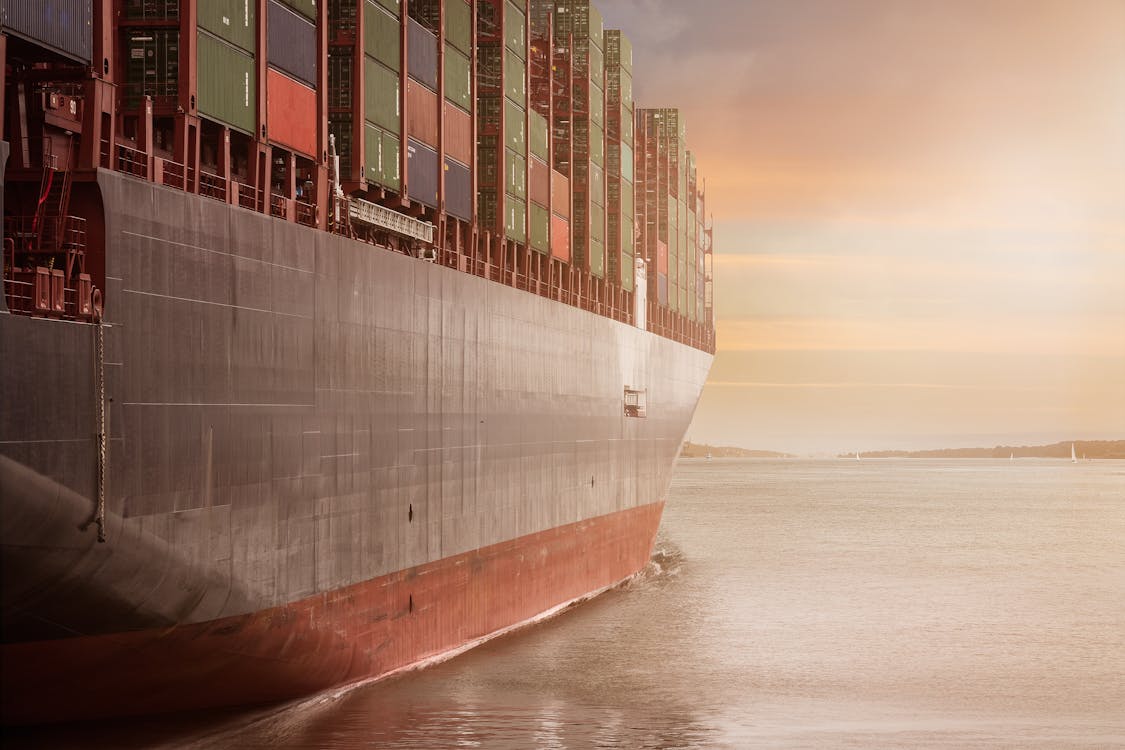
Despite its remoteness, the small town of Port Headland in WA’s Pilbara is a vital enabler of Australia’s economy.
According to recent figures, the town’s port facilities have contributed over $100 billion to the nation’s bottom line in FY23 while supporting the local community with well-paid jobs.
The Lumsden Point General Cargo Facility has also signed agreements with Mineral Resources and Pilbara Minerals that are expected to contribute approximately $22.6 billion to Australia’s GDP over 10 years, starting from FY24.
Furthermore, the facility will promote economic diversification and decarbonisation in the Pilbara region of WA.
Data provided by the Port Hedland Industries Council (PHIC) shows outflows from the Port of Port Headland contributed $2.01 billion to Port Hedland’s gross regional product in FY23.
This is in addition to $678 million in direct economic activity and $1.33 billion in indirect action. During the period, local income also increased by $1.02 billion and supported 8,158 direct and indirect full-time jobs.
Trade through the port represented about 20% of WA’s gross state product, equating to roughly $6 billion in tariffs and royalties to the state government.
“The report shows that the benefits of the hard work of Port Hedland, PHIC members, and the resource sector extend well beyond the Pilbara”, said Kirsty Danby, CEO of PHIC.
Olive Downs is now Queensland’s latest operational coal mine, having opened its new $1 billion facility last week.
The so-called steelmaking coal mine is yet another site in QLD’s Bown basin, renowned for its reserves of coking coal.
The Olive Downs facility houses significant infrastructure, including a coal-handling process and preparation plant, employing 700 people during the construction phase.
It’s expected that at peak production, the site will require up to 1000- full-time employees.
Barry Tudor, the chairman and CEO, expressed his excitement at achieving a significant milestone in the world’s newest steelmaking coal mine.
“Our strategy remains centred on collaborating with stakeholders to establish sustainable and lasting economic prospects by generating jobs, economic diversification, and providing direct support to the community, all while showcasing a fresh approach to environmental standards”, he said.
Queensland’s Resources Minister, Scott Stewart, announced that the project will produce high-quality steelmaking coal, potentially boosting the state’s economy by more than $10 billion.
“I was here two years ago as we turned the first sod on the Olive Downs project, and it’s great to be here today to see the mine officially open”, Mt Stewart said.
Adding, “the Bowen Basin is the engine room of Queensland’s resources sector, supporting nearly 44,000 people in jobs along the supply chain”.
Uranium is one of the hottest commodities around right now, as many countries across the world advance their ambitions for clean nuclear power.
In South Australia, the uranium industry has taken a step forward.
Local miner and producer Boss Energy has rolled its first barrel of product from its ‘HoneyMoon’ project.
Part of the plant’s commissioning process, the barrel marks the first drop in the ocean of an estimated production tally of 2.45 million pounds (Mlb) of triuranium octoxide a year.
Boss Energy’s managing director, Duncan Craib, described the first uranium drum as a significant milestone for the company.
“As well as marking the start of production and cashflow, it shows conclusively that our mining and processing strategy is highly effective”, he said.
Adding, “this is pivotal because it paves the way for strong organic production growth by unlocking the value of our large resource and leveraging the infrastructure we have in place. We have also made extensive provision at the Honeymoon plant for increased throughput”.
According to the company, the Honeymoon project is exceeding its forecasts.
Following that, Boss said it would accelerate plans to increase the sites’ production clip and mine life.
“We are now accelerating this growth strategy, with geologists already in the field defining the mineral resources at the Gould’s Dam and Jason’s satellite deposits”, Craib added.
Dust suppression is a critical issue in the world of mining and resources.
Learn more about GRT’s industry-leading and IoT-connected SMART Dosing Units, and discover how we’re driving better dust suppression solutions for all!
Your feedback is important to us.
If you enjoyed reading this Global Road Technology industry update and found it informative, please let us know by leaving a REVIEW.
References:
Are environmental regulations, health and safety concerns or potential profit loss a concern right now?
Contact Us Now